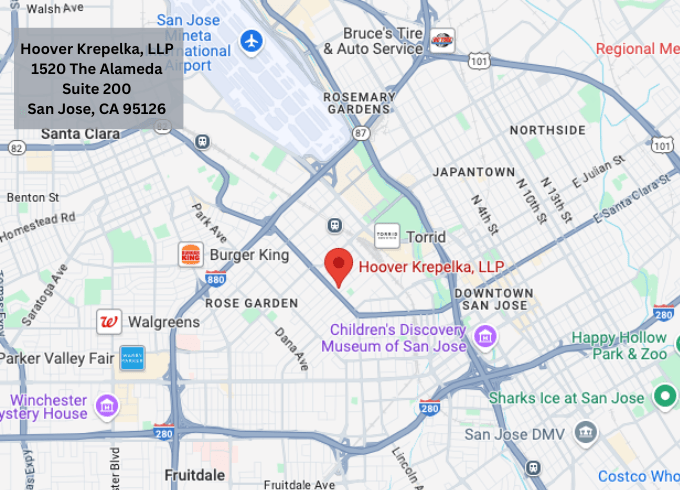Parental alienation has the potential of damaging children any time one parent communicates in a derogatory way about the other parent in a manner that affects the involved child or children emotionally, psychologically or even physically.” If you believe that your children are being subjected to psychological abuse, it is best to consult an attorney that has expertise in child custody legal issues.
Law Enforcement
At times, it is best not to get the police involved in cases of parental alienation and to attempt to come to an agreement without the need to involve the authorities. However, in circumstances where one parent is not looking out for the best interests of the children, the targeted parent may need to contact the authorities. Whether said psychological abuse is administered in the presence or in one-to-one time spent with the child or children, the targeted parent may need to involve law enforcement. Sometimes, an experienced and skilled juvenile detective may be able to look out for parental alienating behaviors in order to minimize its trauma on the affected children. In some circumstances, child custody exchanges should occur at a local law enforcement station.
Children’s Services Agencies
Depending on the particular facts and circumstances of child custody issues, a parent may need to involve Child Protective Services. Not only does it document the instances of psychological, emotional, or physical abuse, it is a critical step in ensuring that the children are harbored from abuse. It is best to communicate in detail what exactly is happening. A parent that legitimately suspects abuse should not be afraid to reveal and explain the concerns. It may be a process that takes time, but continued contact with the staff of these agencies is critical to protecting your child or children. Reporting your concerns lets the other parent know that you are willing to protect your child or children using all available resources.
Recording Digital and Telephone Conversations
“It is a crime in California to intercept or eavesdrop upon any confidential communication, including a telephone call or wire communication, without the consent of all parties” (Cal. Penal Code §§ 631, 632).[4] It is best to consult a family law attorney when considering whether or not to record a telephone conversation. In some circumstances, a client may be advised to do so in order to protect the involved child or children when the alienating behavior is alleged extreme.
During a telephone conversation, an alienating parent may encourage or threaten a child to disrespect or disobey the other parent. Children may be instructed to ask certain questions or tell the targeted parent-specific things. Whether these exchanges take place in person, via phone, FaceTime, Skype, or in another digital form it may be necessary to obtain an order to allow for the recording of such exchanges. If you obtain a restraining order against the other party, make it clear in the order that any and all communications are subject to recording.
It May Take a Village
It is extremely important not to be shy about asking for declarations from as many supportive individuals and professionals as possible. Either side can pay an “expert witness” to say whatever he or she wants in an attempt to prove alienating behavior, however, it is impossible to pay witnesses who are respectable parents themselves and who actively care for the health and welfare of your children on a regular basis. These types of witnesses may need to be subpoenaed.
The Truth About Parental Alienation
A significant number of alienating parents are liars. They are willing to lie to their children, the courts, their attorneys, schools, and whoever may listen in order to keep their children from trusting or loving the other parent. Alienated parents should seek legal assistance to protect themselves from the ongoing lies. The truth is in the best interest of the child or children. It is important to be honest when children begin asking questions or making accusations. A parent should provide an age-appropriate answer.
Alienated parents are generally looking to the children’s best interests and often view both parties’ involvement in the child or children’s lives as important. If you suspect your child or children are being subjected to parental alienation, there are several things you can do. Contact the certified family law experts at Hoover Krepelka for legal advice concerning the particular facts and circumstances of your family law issue.






